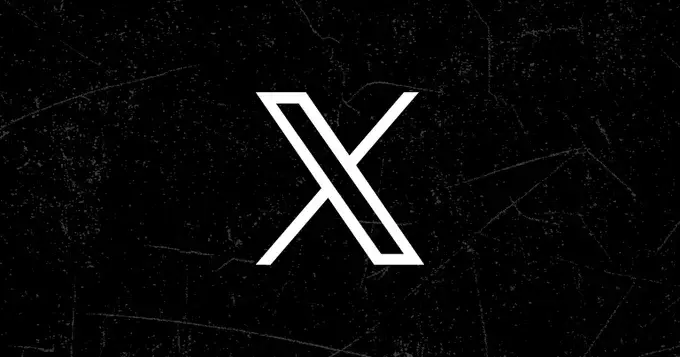In recent months, Elon Musk’s social media platform, X, has surfaced as a pivotal player in the discourse surrounding digital freedom versus government control, with its fluctuating approach to government requests raising significant eyebrows. The platform’s decision to suspend numerous accounts associated with Turkish opposition figures, particularly amid escalating political tensions in Turkey, highlights a critical dilemma: the balance between market interests and the largely vaunted principle of free speech. All eyes are now fixed on how these decisions not only influence Turkey’s political landscape but also reflect X’s broader commitment—or lack thereof—to user rights.
Tensions Rise Amid Political Unrest
The backdrop of these developments is grave. The recent detention of Istanbul Mayor Ekrem İmamoğlu has catalyzed mass protests throughout the country, signaling public discontent with President Tayyip Erdoğan’s administration. In response, the Turkish government appears to be employing various strategies to surpress dissent, particularly by stifling the voices of activists on platforms like X. Many of the suspended accounts are linked to university activists disseminating vital protest information to their peers—an act deemed dangerous by a government keen on maintaining control over the narrative. This incursion into digital activism undoubtedly poses a daunting challenge to Turkey’s democratic framework.
Censorship: A Choice for Musk?
Musk’s reflexive compliance with Turkish censorship requests initially appears contradictory to the “free speech” ethos he espouses. Previous actions by X to limit visibility of posts criticized by the Turkish government have elicited backlash from advocacy groups, who argue that Musk’s platform is prioritizing business interests over ethical standings. In an attempt to rationalize these decisions, Musk has suggested that limiting access to certain tweets is preferable to a complete ban from the region—a sentiment that may sound pragmatic but also raises ethical concerns about user rights being sacrificed at the altar of corporate benefit.
The Expanding Nature of Global Censorship
Interestingly, Musk’s adaptive manner toward censorship requests exhibits a stark contrast to his actions in other jurisdictions. In Brazil, X faced temporary suspension for refusing to accommodate a local court’s order. Here, Musk openly rebuked governmental interference in free speech. Yet, his meekness in response to Turkish authority seems to hint at another layer—potential business interests. This raises pressing questions about the purity of Musk’s commitment to free expression and shows how corporate dynamics can shape political landscapes globally.
The Duality of Business Relationships
What complicates the narrative even further is Musk’s well-documented rapport with President Erdoğan. Aspirations to facilitate Tesla’s manufacturing ventures in Turkey, alongside the establishment of local distribution for xAI technology and Starlink, could be fueling Musk’s selective compliance. It could be posited that a precarious balancing act exists; Musk walks a fine line between appeasing market needs and maintaining ethical standards. This duality begs exploration into whether the business dealings are unduly influencing X’s policies in regions with oppressive governments.
Implications for Global Democracy
Moving forward, the ramifications of X’s actions in Turkey could ripple beyond national borders, especially considering how social media platforms have emerged as vital tools for political organization. The ambivalence displayed by Musk’s X silences dissenters while validating governmental overreach, potentially eroding the public’s trust in digital platforms as bastions of free expression. As X continues to navigate this tumultuous landscape, it faces a pivotal moment of reckoning: will it uphold the ideals of free speech universally, or will it selectively safeguard the voices that align with its corporate interests?
As Musk engages in these complex political and ethical dilemmas, one can’t help but wonder if his ventures will come at the cost of undermining democratic integrity not only in Turkey but far beyond. The quest for freedom of expression remains fraught with challenges, and Musk’s responses may very well chart the course ahead for social media’s role in modern democracy.

